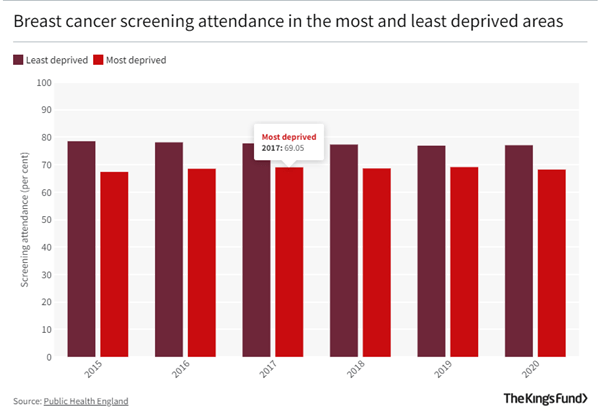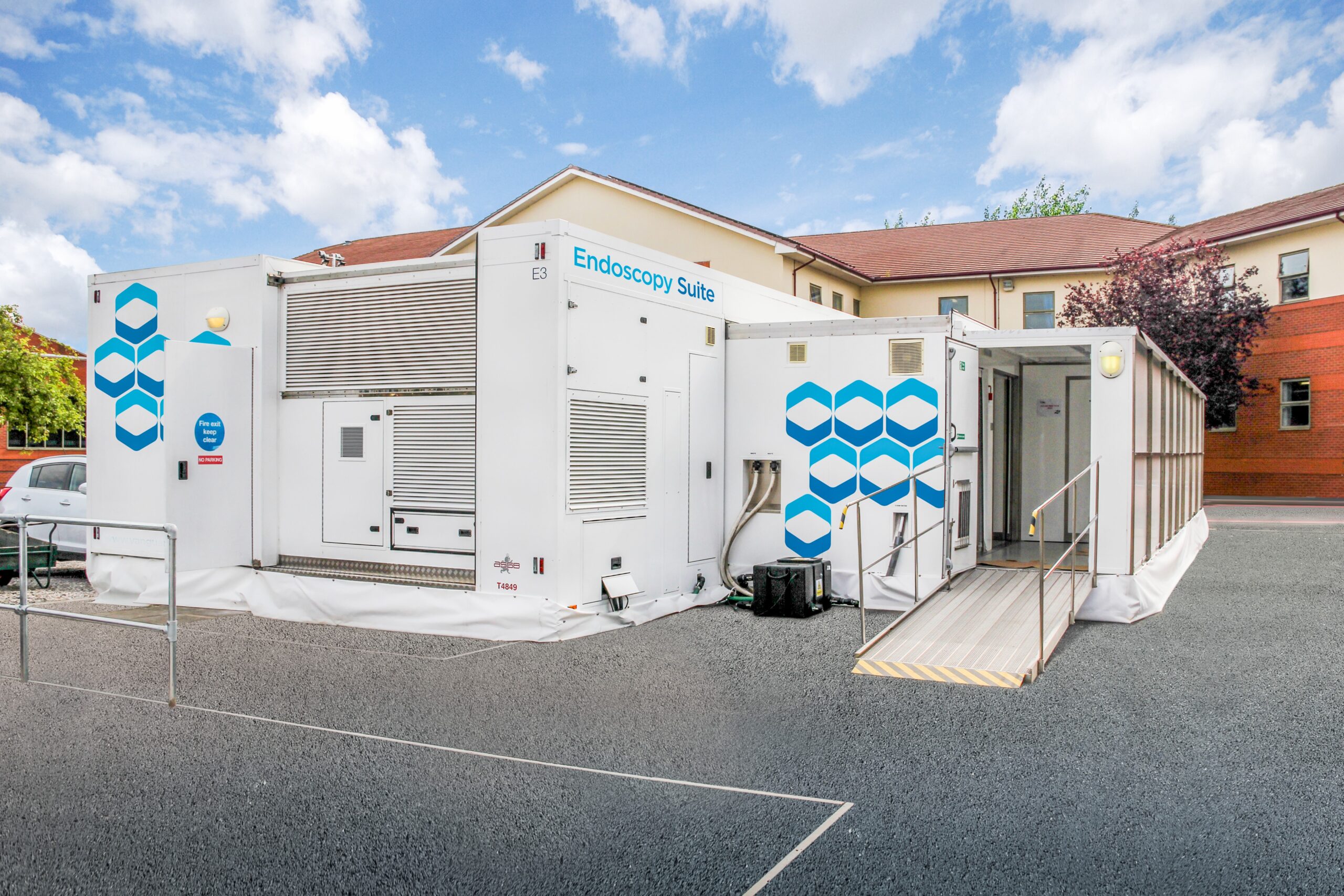It looks like you are in the United States
We have a different site (www.q-bital.com) which better suits your location
The first ever women’s health strategy was released in July following a call for evidence that saw around 100,000 responses from women all over the country and around 400 written submissions from experts. The magnitude of the responses received highlighted the need for a strategy to kickstart real change.
The Covid-19 pandemic caused issues across the board for elective care procedures, however one speciality was hit most drastically. Indeed, waiting lists for Obstetrics and Gynaecology rose faster than any other speciality, soaring by 60%. Whilst this rise is hugely significant to note, it must also be highlighted that the disparity in care for women’s health issues existed long before the 2020 pandemic and the introduction of a 10 year strategy is a breath of fresh air to remove the ‘male by default’ narrative that exists within today’s healthcare system.
The call for evidence revealed that 84% of respondents found that their voices were not listened to, highlighting the extent of the issue. Recent reports, such as the Ockenden Review and a report released by the University of Birmingham in collaboration with The Royal College of Surgeons entitled, ‘Forecasting the NHS Waiting List for Elective Procedures in England in 2022-2030’, have demonstrated the inadequate nature of women’s care and the true data behind the extensive waiting lists. The consequences for delaying elective care procedures for women’s health conditions can be devastating and with a total need for gynaecological elective care procedures reaching nearly 250,000 women, including the hidden waiting list, it is clear that a new, more focused approach is required.
The report reinforces the Government’s commitment to reducing the inaccessibility of care for women following calls for a more joined up and holistic provision of care through one-stop women’s health clinics or women’s health hubs. There are clear inequalities in health between women, ranging from socio-economic status, ethnicity and geography, with female life expectancy varying by nearly eight years across England. In the most deprived areas, average female life expectancy is 78.7, whereas in the least deprived areas the average life expectancy is 86.4, what’s more, attendance for screening services is notably lower in more deprived areas, highlighting the need to improve accessibility of care in areas where healthcare resources are more scarce.

The temporary suspension of screening services at the beginning of the pandemic only exacerbated this issue, with nearly 1.5 million women having screenings delayed between 2 and 7 months between June 2020 and July 2021, highlighting the need for urgent action to be taken. In line with the surgical hubs and Community Diagnostic Centres models, the concept of women’s health hubs should create dedicated Healthcare Spaces and a clear pathway for women and girls to have more of their needs met in one place at one time. This introduction of hub models ensures that a more exploratory approach is adopted, addressing women’s health needs and taking on a more life-course approach rather than just addressing the specific issue at hand.

Furthermore, following the success of surgical hubs across the UK for a range of specialities, including orthopaedics and ophthalmology, the Royal College of Obstetrics and Gynaecology has been involved with the Getting it Right First Time (GIRFT) programme to develop standardised elective recovery pathways for nine high-volume, low-complexity (HVLC) gynaecological procedures. Implementing women’s health surgical hubs in this way to reduce pressure on the main/acute hospital through performing HVLC procedures in a dedicated hub will assist in directly tackling the backlog in elective care, whilst simultaneously freeing up capacity within the main hospital for more complex procedures, such as emergency obstetrics.
The strategy has provided an important opportunity for organisations to work together to address and tackle the women’s health crisis head on, ensuring women’s voices are heard and healthcare inequalities are adequately addressed. Through providing a dedicated approach to understanding women’s health issues and putting in place the infrastructure and tools needed, the 10 year plan is a step in the right direction to reducing the long term consequences for women suffering.



Vanguard Healthcare Solutions
Unit 1144 Regent Court, The Square, Gloucester Business Park, Gloucester, GL3 4AD

We have a different site (www.q-bital.com) which better suits your location